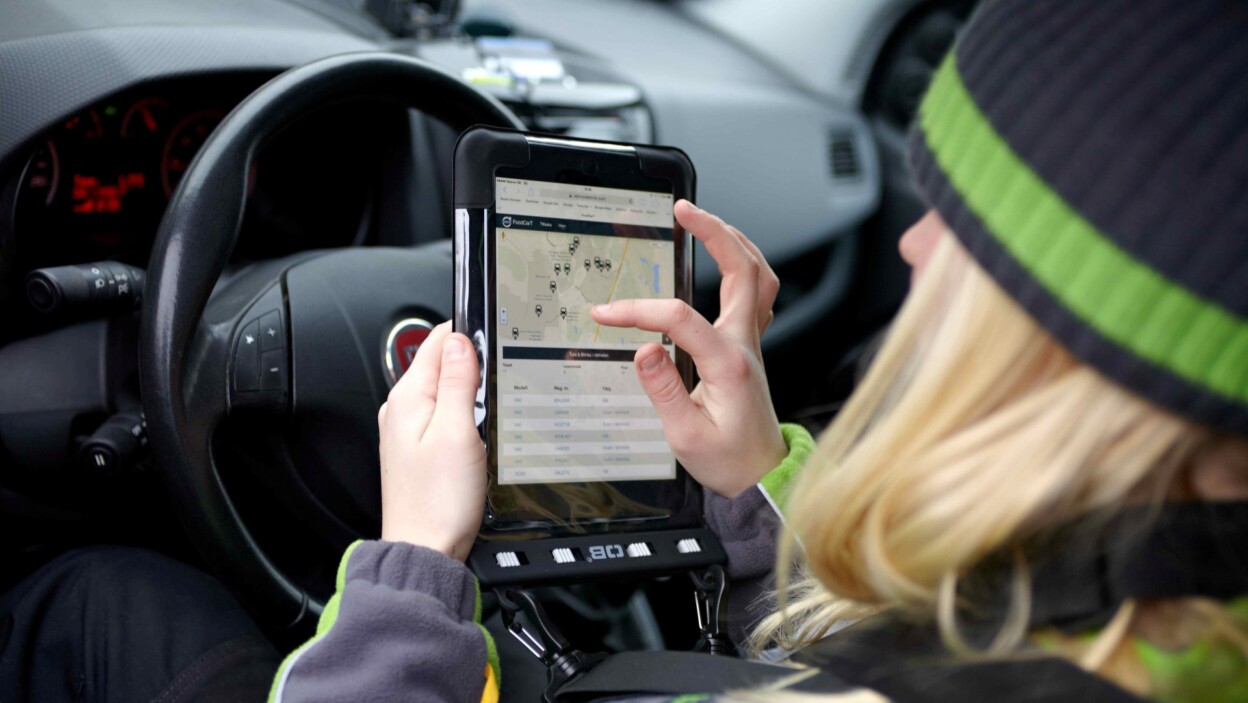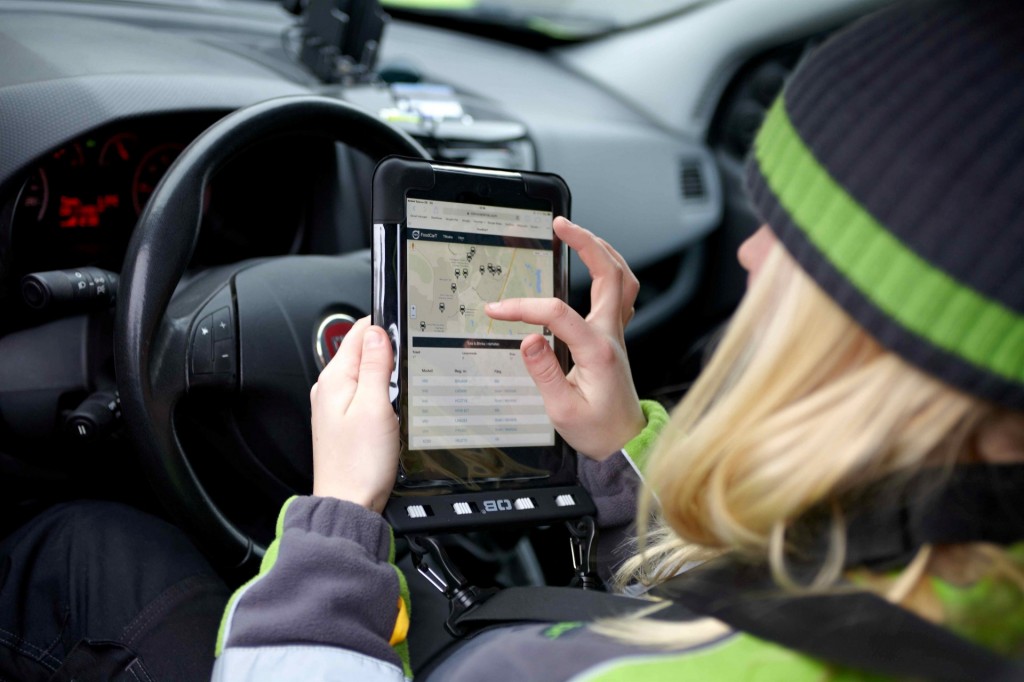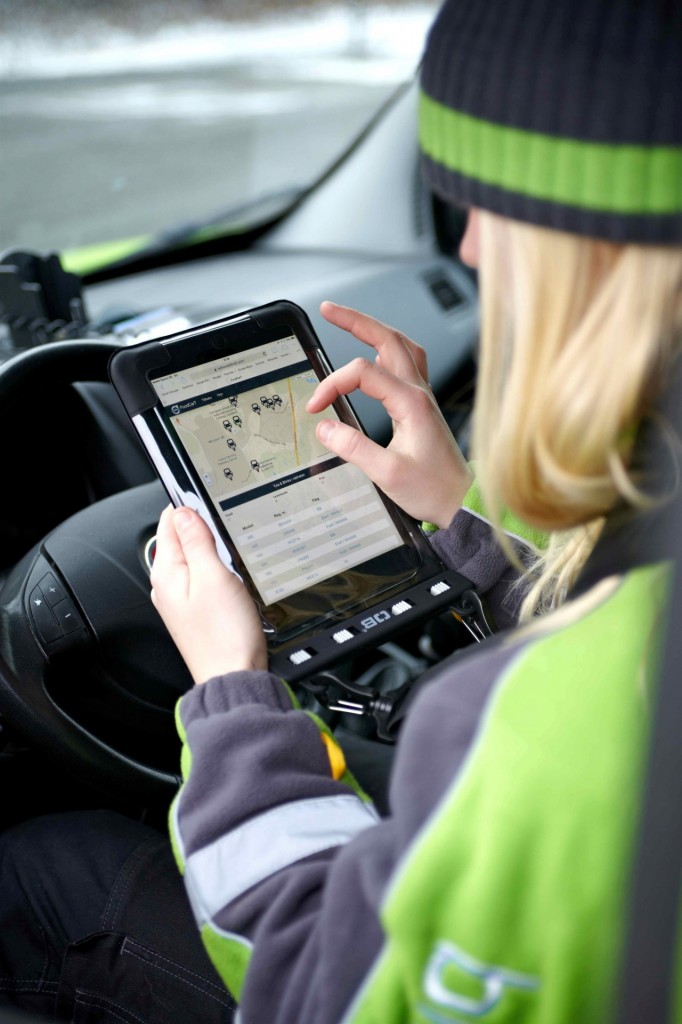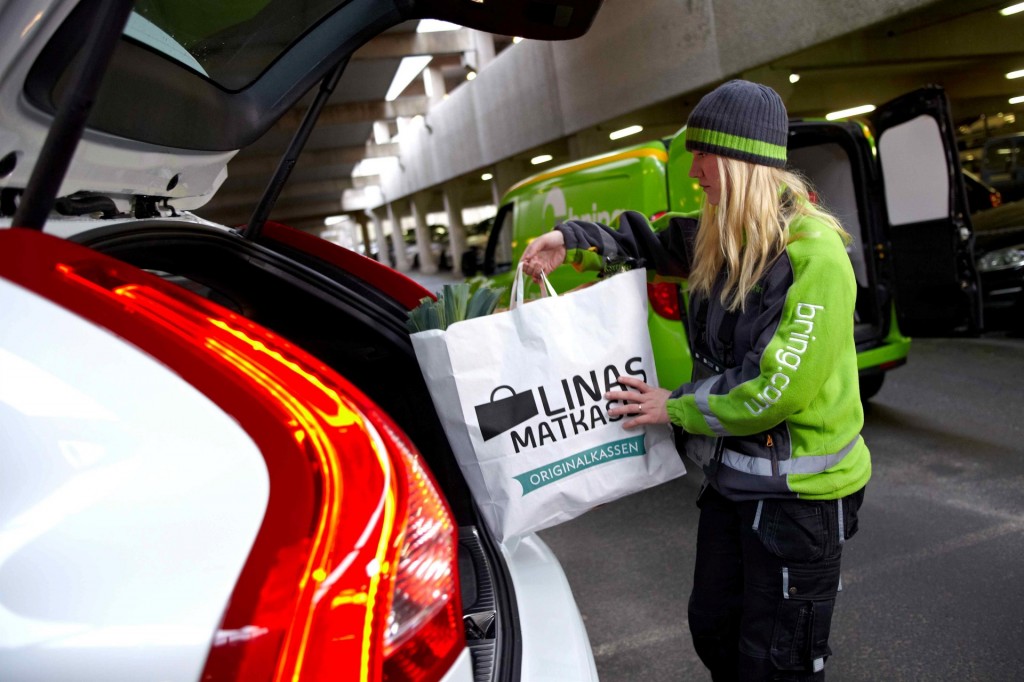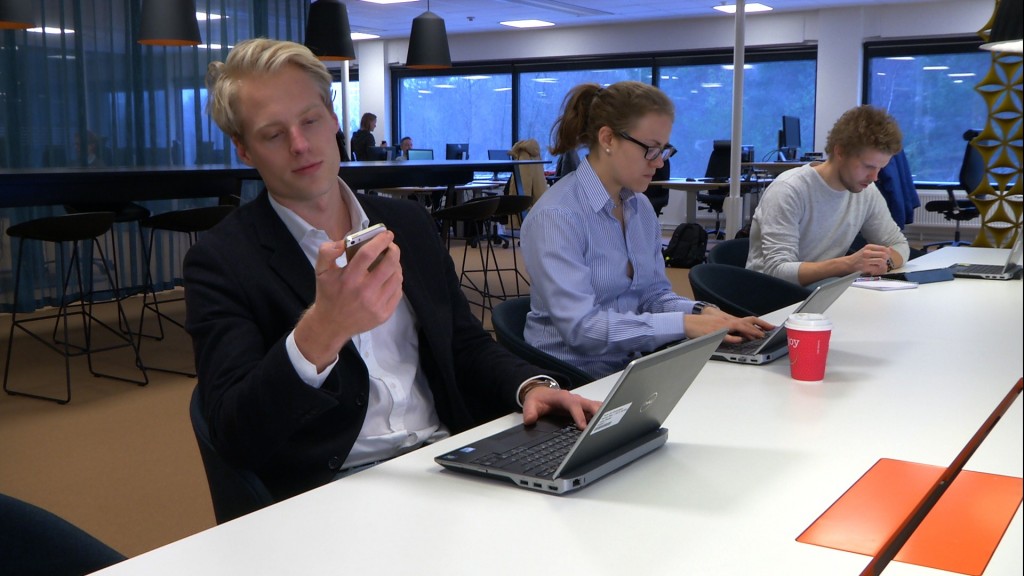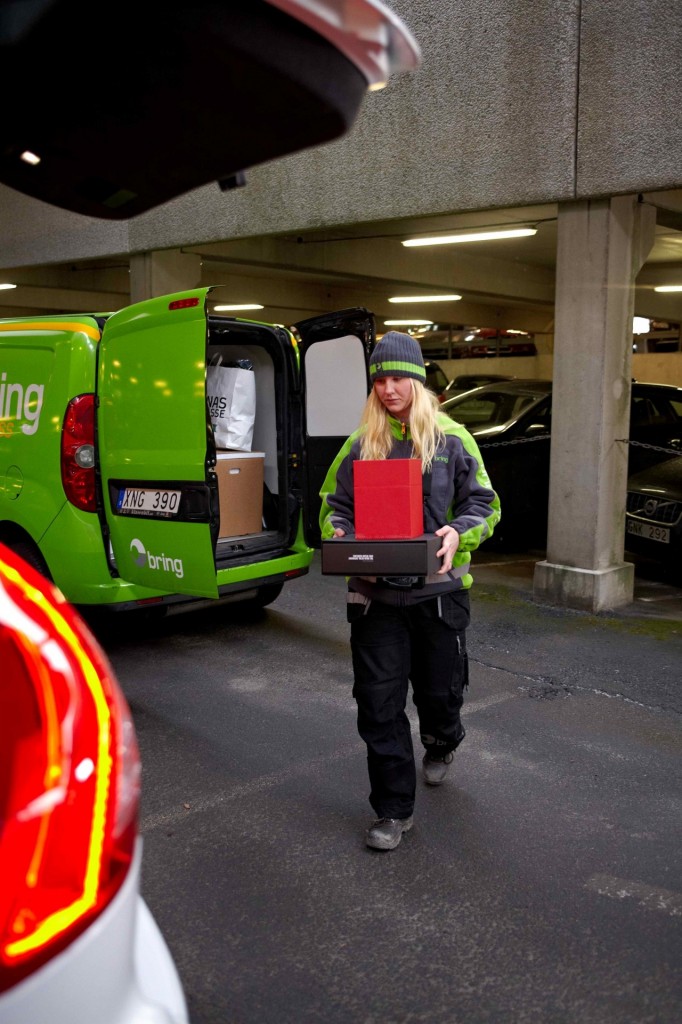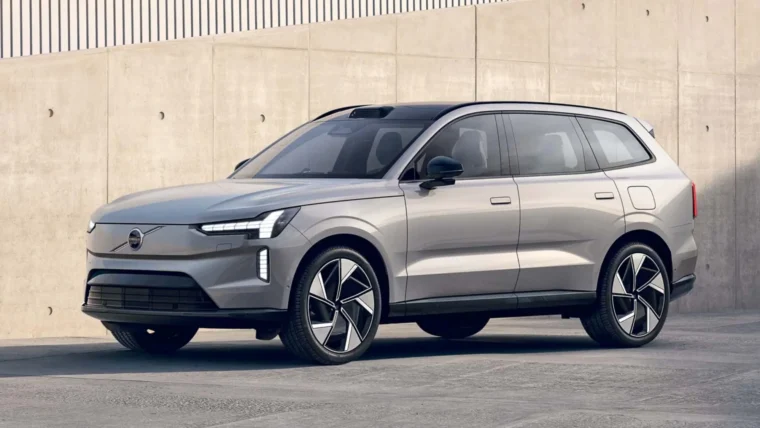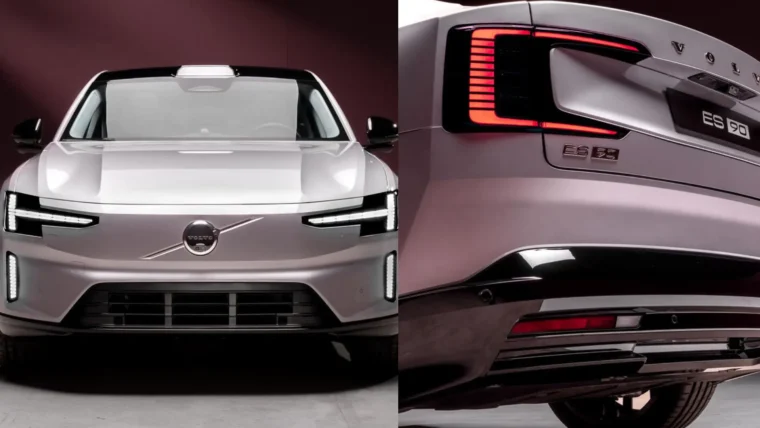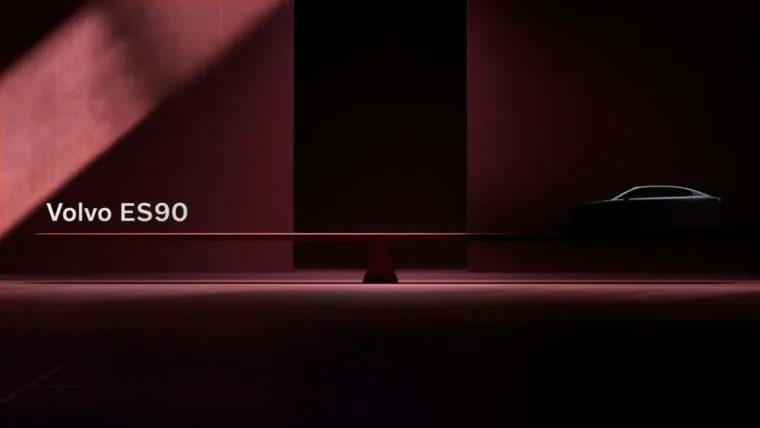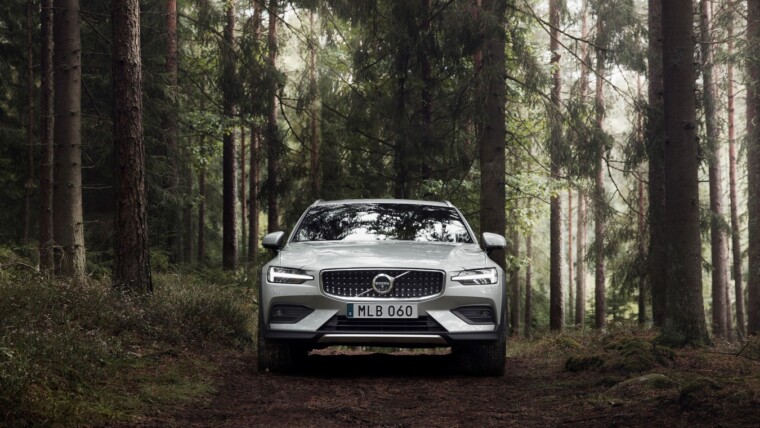In a ground-breaking technology move for the automotive industry, Volvo Cars demonstrates the world’s first delivery of food to the car – a new form of ‘roam delivery’ services. The service, which will be showcased at the Mobile World Congress in Barcelona, will allow consumers to have their shopping delivered straight to their car, no matter where they are.
Volvo’s new digital keys technology means that car owners will be able to choose their car as a delivery option when ordering goods online. Via a smartphone or a tablet, the owner will be informed when a delivery company wants to drop off or pick up something from the car.
Having accepted the delivery, he or she then hands out a digital key and can track when the car is opened and then locked again. Once the pick-up or drop-off is completed, the digital key ceases to exist. The system is based on the functionality of the telematics app Volvo On Call, which, among other things, makes it possible to remotely heat or cool the car and see its position or fuel level via the mobile phone.
The technology was trialled during a pilot programme of 100 people, 86% of which agreed that ‘roam delivery’ saved them time. The innovative use of ‘digital keys’ will now make it possible to save time, money and reduce environmental impact, following completion of the first tests of the concept.
With connected services such as “roam delivery”, the future car will be much more than just means of transportation. Earlier this year Volvo Cars launched Sensus Connect, an integrated on board navigation and infotainment experience. Volvo Cars’ strategic partnership with Ericsson builds further on the idea of the Networked Society by examining a host of consumer centric concepts around the “Connected Vehicle Cloud” that will see the driving experience revolutionized over the coming years.
Saving time and reducing stress
Last year, 60% of people shopping online had problems with the delivery of their item. Research revealed that people across the globe feel increasingly stressed in their daily lives. In a report from Future Foundation, all of the countries studied showed an increase from 2010 to 2011 when responding to the statement “I’m often under time pressure in my daily life”.
Despite the rise of online shopping, research has also revealed that over a half of people are not at home to receive online deliveries, leading to further hassle and time wasted through failed deliveries. Consequently, consumers feels significantly restricted, find their day to day significantly disrupted which results in unnecessary and avoidable constraints on the most precious of commodities, time.
Deliveries directly to car, allowing for ‘roam delivery’ is one example where Volvo Cars explores the potential of connected cars to create solutions which will simplify the customers’ everyday lives. The pilot programme has also revealed 92% of people found it more convenient to receive deliveries to their car than at home.
New possibilities to deliver to where persons are – not places
“By turning the car into a pickup and drop-off zone through using digital keys we solved a lot of problems since it’s now possible to deliver the goods to persons and not to places. The test-customers also indicated that the service clearly saved time. And the same thing is valid for delivery companies a well! Because failed first-time deliveries cost the industry an estimated €1billion in re-delivering costs. We are now further investigating the technology of digital keys and new consumer benefits linked to it,” says Klas Bendrik, Group CIO at Volvo Car Group.
“It’s all about finding solutions that are intuitive and easy to use and that create benefits in the everyday lives of our customers. The important thing is to make these complex and advanced systems easy to understand for everyone, even behind the wheel. Deliveries directly to the car are just one first example of that,” says Klas Bendrik.
Other posts by AF Newsdesk

